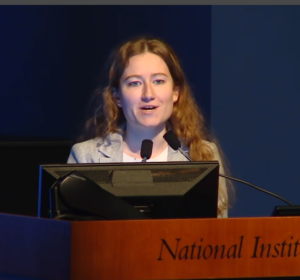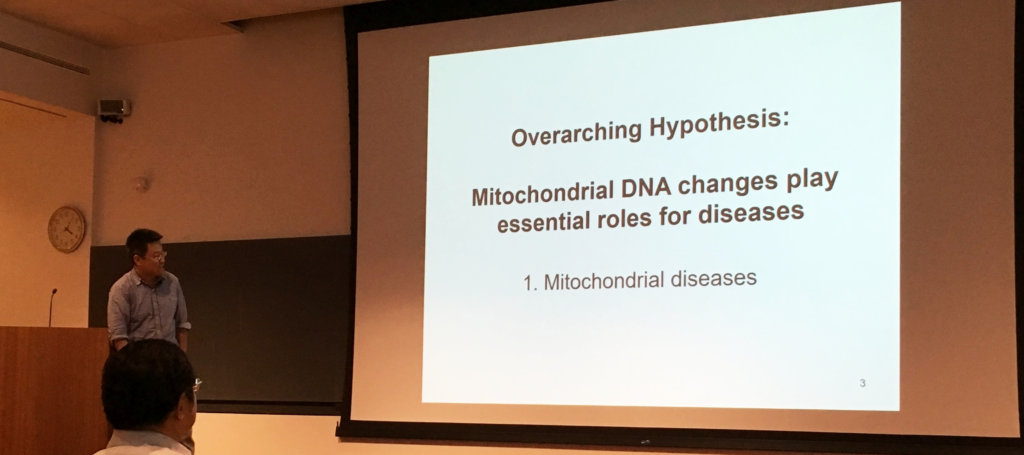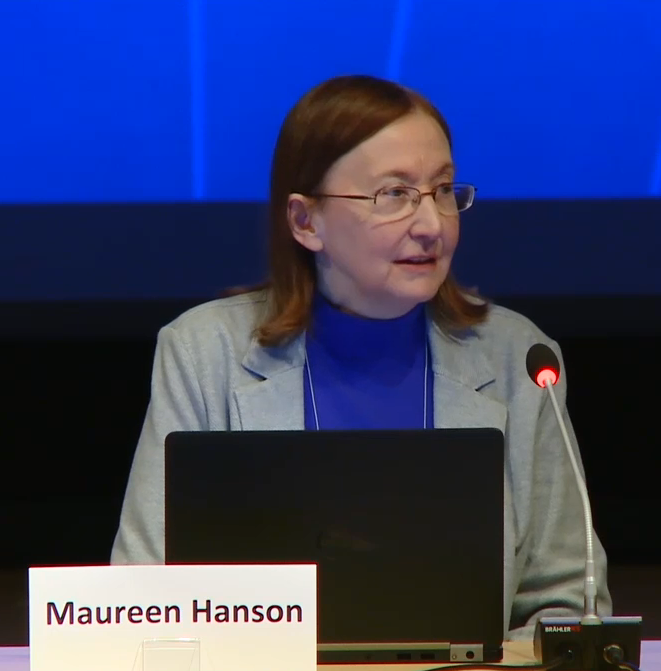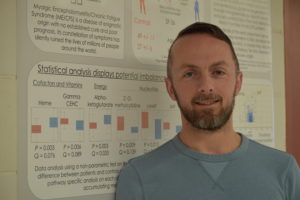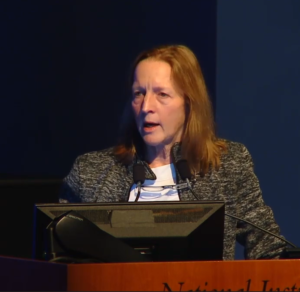
Clinical core co-director Dr. Betsy Keller presented on the second day of the NIH Accelerating Research on ME/CFS meeting. Dr. Keller outlined exertion intolerance in ME/CFS drawing upon her years of experience in the field. Her talk includes some preliminary data being generated from our NIH-funded Center. Dr. Keller’s complete talk can be viewed below.
 Center for Enervating NeuroImmune Disease
Center for Enervating NeuroImmune Disease
